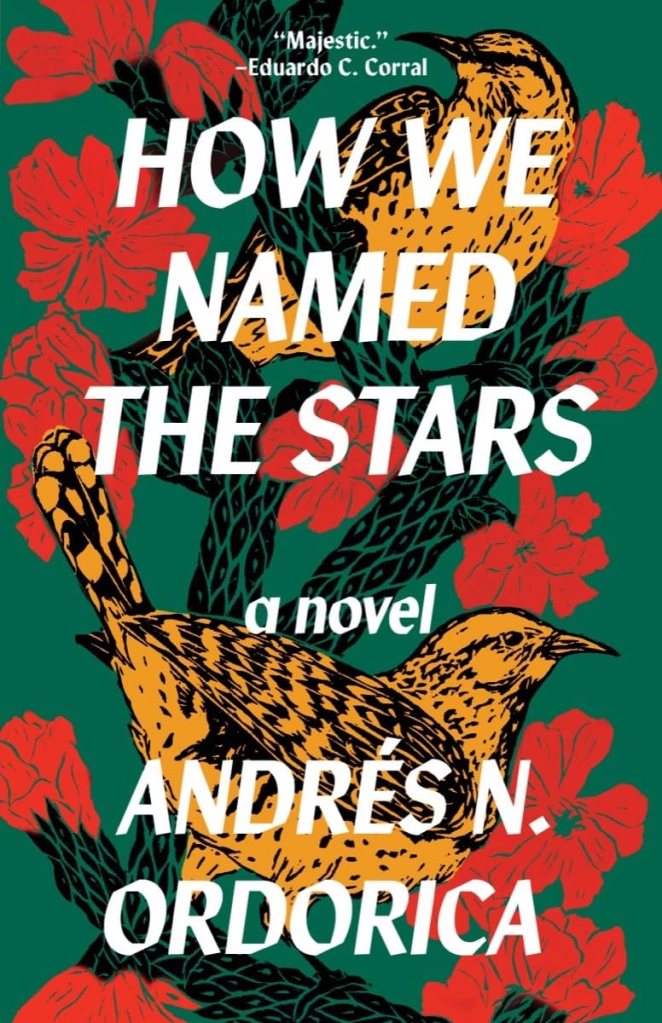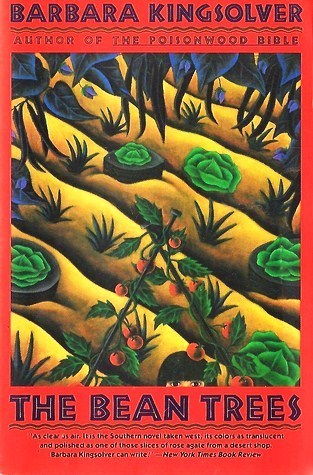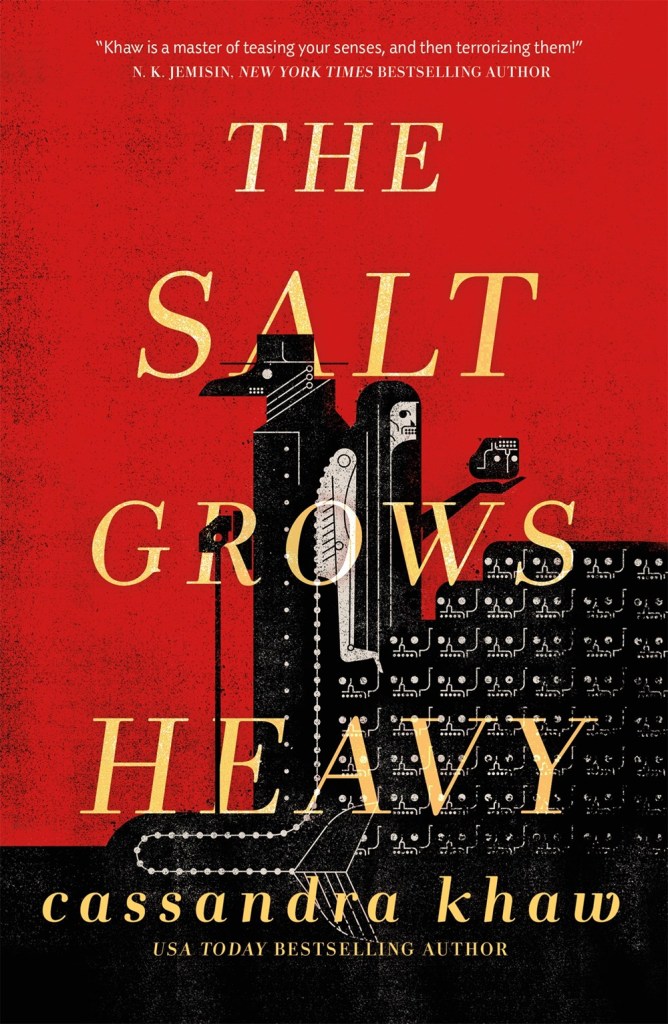Rating: ★★★

Libby can be very motivating when it comes to reading. I started Firekeeper’s Daughter, but didn’t finish before my loan expired. I had to put another hold on. When it came in again, I read so fast to finish in time! I also have about 4 or 5 other books right now because all of my holds came in at the same time. There’s no way I’m going to finish more than one of those.
Anyway, let’s talk about this book. Our main character, Daunis, is half Ojibwe, but because of a technicality on her birth certificate, she’s not formally accepted by the tribe. She lives between her white family and her native family. The story blooms from Daunis’ difficulty with her identity, family, and tradition. Interjected is a criminal investigation about meth being sold on reservations. Daunis is recruited to work undercover. She struggles because this is her community and she doesn’t want to betray them, but she also wants to help them. Also, the story takes place in the early 2000s. This doesn’t necessarily affect the plot all that much. I even forgot most of the time, until I realized how little technology played a part in the characters’ lives.
I enjoyed this book and was interested in the plot. There are moments that made me a little emotional surrounding grief and loss. Daunis’ relationship with her mother didn’t exactly remind me of my own, but there are things they say to each other that moved me. Daunis’ feelings about herself in relation to her parents’ lives, however, felt personal to me. Living between parents who are separated for whatever reason is difficult. The book shows how it is to live with grief in many different ways, and those moments were very special.
However, in some ways it felt convoluted, convenient, and predictable. I found myself thinking, “I wish this written better,” meaning the structure of the mystery and overall story. There are many revelations and different characters. I do like that since the book is about Daunis’ life, which is wide and varied. The book was rich in that sense. But working out the mystery could have been done more clearly. The two aspects of the book – Daunis’ life and the mystery – simply don’t mesh well.
I suppose on the one hand, they shouldn’t exactly mesh. After all, this mystery is disturbing her life. However, what I mean is how the story is created. It felt messy and unresolved. I was able to predict several revelations. I wonder what it would have been like if Daunis’ life was even more forward and the mystery took a complete backseat. For example, if Daunis only heard rumors and someone else was working undercover. If the book was a study on Daunis’ identity, grief, family, etc., even more than it already is, I think this could have been a great book.
Additionally, the romantic plot almost made me angry. I don’t read or enjoy romance, so most of the time a romantic plot needs to be done really well for me to like it. A lot of the time it feels like every book puts in romance just to have it there. With Firekeeper’s Daughter, it makes sense to a degree. Daunis is undercover and having this boyfriend is her cover. But she then is distracted multiple times by how hot he is and how drawn she feels to him. It felt out of character and forced so it could lead to romance instead of just being undercover.
Overall, I might read this book again. It had its moments. I can’t say the mystery was the most interesting part, though, so I do wish it was in the background more.
Trigger Warning for this book: sexual assault. It doesn’t go into detail, but an assault happens on the page.












